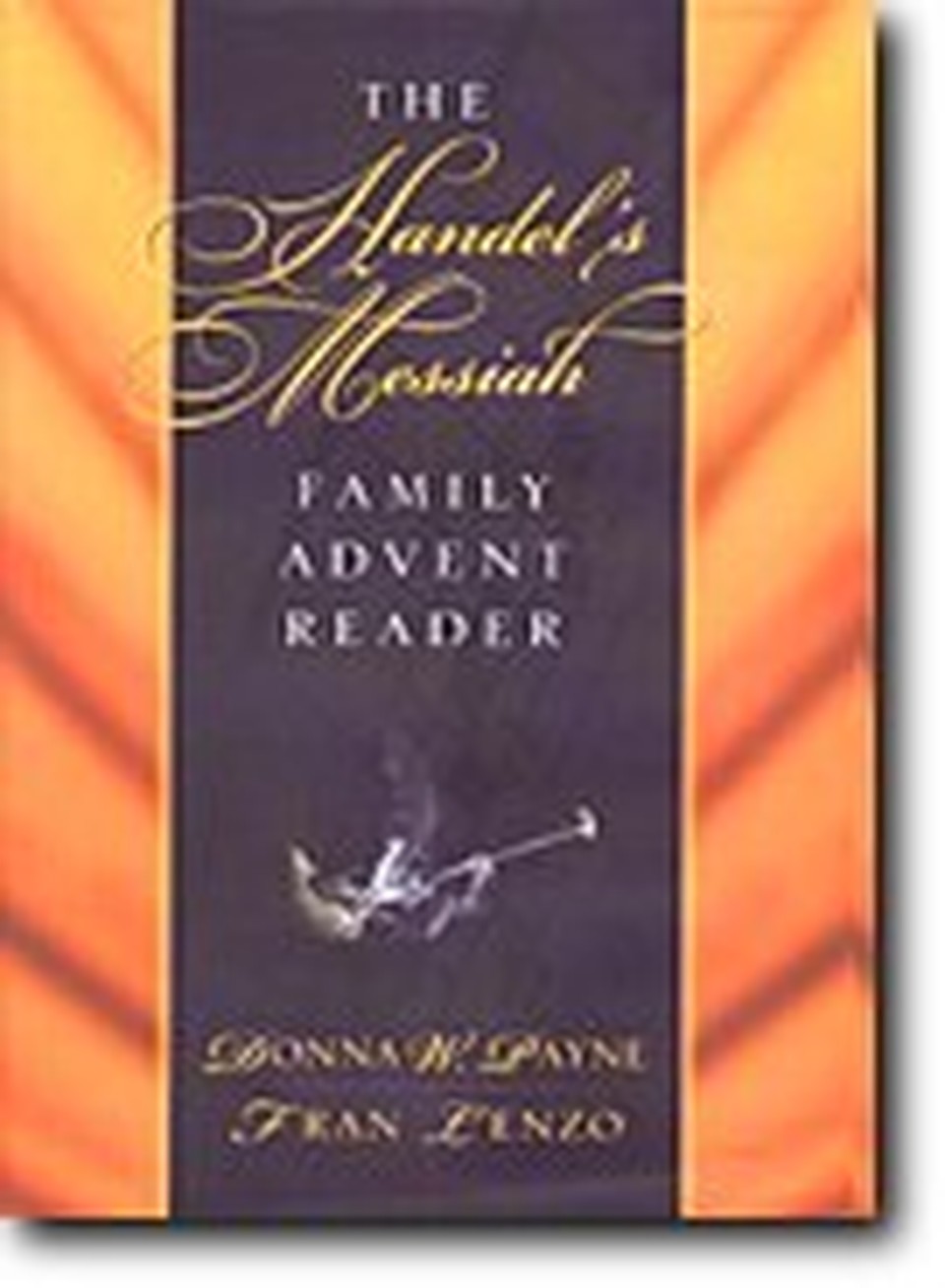Handel's Messiah has a message for today

Charles Jennens, who wrote the libretto (the words), skillfully combined the Old Testament promises of a Messiah with the New Testament fulfullment of those promises. He used the 1611 King James Authorized Version, as well as the Great Bible of 1539 and the Anglican Book of Common Prayer. He took a few liberties with his texts to let the words fit with the music, but the majestic language of the Scripture gives substance to every aria and chorus.
Handel, who moved to England from his native Germany, was a favorite composer of King George I. He wrote "Messiah" as a fund-raiser for three Dublin charities (two hospitals and a jail), and it was almost always performed to raise money for worthy causes. From the beginning, "Messiah" was his gift to the world.
Handel barely ate or drank or slept as he composed the oratorio in 24 days. Tradition has it that his papers were marked with his tears. While the work became wildly popular from its first performances, Handel remarked to a friend, "I should be worried if I only entertained them. I wished to make them better."
From the start, "Messiah" was a crowd-pleaser. Some people, recognizing the sacred nature of the Messiah story, thought the oratorio should not be performed in a theater by the popular opera singers of the day, but rather heard only in churches. John Newton, the famous Anglican preacher, once railed against secular "Messiahs" in 52 consecutive sermons.
The most well-known and popular part of "Messiah" is the "Hallelujah Chorus," drawn from Revelation 19. Tradition says that King George II, attending the first performance in London, was so moved by its magnificence that he stood - so everyone else in the audience had to stand. Whether it actually happened that way, the custom of standing for the Hallelujah was well-established in Handel's time and continues today.
Making "Messiah" a part of your Christmas:
- Buy a tape or CD of "Messiah" for your family Christmas collection. You may want to look for the complete version; many omit some portions of the original.
- Identify the Bible verses used for each part of the oratorio. Notice how both Old and New Testaments are used for the libretto.
- If you are familiar with the words and music, you may enjoy attending a "Messiah" concert; it's easy to find one in almost any city. Or look for a broadcast version.
- Allow Handel's music to change your life.
From The Handel's Messiah Family Advent Reader by Donna W. Payne and Fran Lenzo, copyright (c) 1999. Used by permission of Moody Press, Chicago, Ill., 1-800-678-6928.
Donna W. Payne, a biomedical researcher formerly on the faculty of the Johns Hopkins School of Medicine, is a full-time writer. She is the daughter of a Presbyterian minister, a graduate of Wheaton College and the University of North Carolina, and lives in Columbia, Md., with her husband and two children.Fran Lenzo works in a Christian bookstore and co-owns Real Life Designs. A former leader in Community Bible studies and other ministry groups, she attended Lake Forest College in Illinois, and L'Universita per Straniera, Perugia, Italy. She lives in Columbia, Md., with her husband and three children.
Originally published December 19, 2003.




